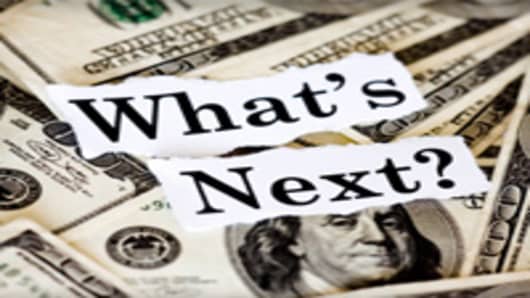A recent gathering in Maine at the invitation of David Kotok of Cumberland Advisors, over 30 financial experts shared their views about the near term economy.
The average forecast for gross domestic product (GDP - click here for explanation) growth for the next 12 months was 1.5 percent with an associated unemployment rate of 8 percent and a Consumer Price Index inflation rate of 2.1 percent as of July 31, 2013. The average forecast for the S&P at mid-2013 was 1,350 and the euro was expected to cost $1.11. (Related Link: Highest-Paying Jobs.)
The expectation for Case-Shiller house prices was a gain of about 50 bp, not large but a welcome change from declines.
Regarding the election, 65 percent expected President Obama to be re-elected, 96 percent expected the Republicans to retain the House and slightly more than half expected the Republicans to win the Senate. (Related Link: Election 2012 - Your Money, Your Vote.)
Seventy-eight percent expected a Greek departure from the euro, only 30 percent for Spain. About two-thirds expect QE3 (quantitative easing explained) and two-thirds of those expect the magnitude to be in excess of $500 billion in purchases.
That is hardly an optimistic view, clearly employment is expected to grow so slowly that the unemployment rate will not come down much if at all. While the expected inflation rate doesn’t look too bad, it is high enough to produce negative returns on Treasury bonds, as interest rates will remain very low. A raw deal for savers.
Many Fed officials are urging another round of asset purchases and most of the Maine group expects it to happen. Explaining just how this will raise employment involves a lot of “hand waving” since interest rates are already historically low. There is no pool of latent housing demand or business spending that a quarter point reduction in the already record low interest rates will trigger. If a few countries leave the euro, the wave of investment money seeking refuge in the U.S. market will do the job for the Fed, bidding bond prices up to record level and sending rates tumbling. (Related Link: Euro Zone Growth Matches Expectations.)
The election will offer a clear choice to voters, but which way will they choose? The Maine group sees power continuing to be divided, with the President conducting policy via Executive Orders, US Environmental Protection Agency and US Health and Human Services regulations while Congress remains dysfunctional. The National Federation of Independent Business member firms reported uncertainty about the economy as their number 2 business concern — behind rising health care costs — and uncertainty about government policy as number 4 in a list of over 70 issues. If power remains divided along ideological lines as it has been for the last three years, little progress on solving our most critical challenges can be expected.
In the meantime, for the real economy, it’s just more of the same for the rest of the year.
William Dunkelberg is an Economic Strategist, Boenning & Scattergood and Chief Economist, National Federation of Independent Business.


